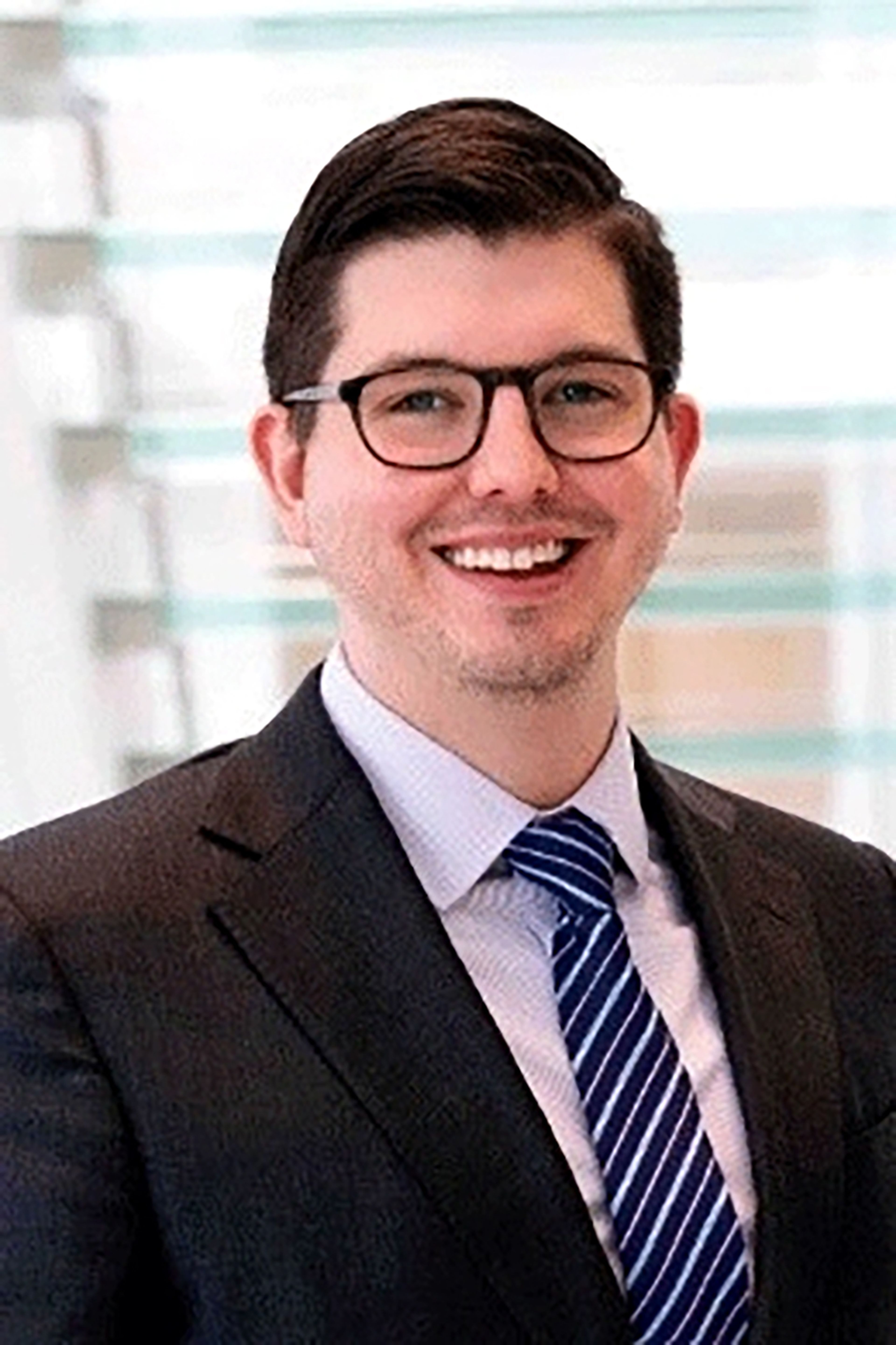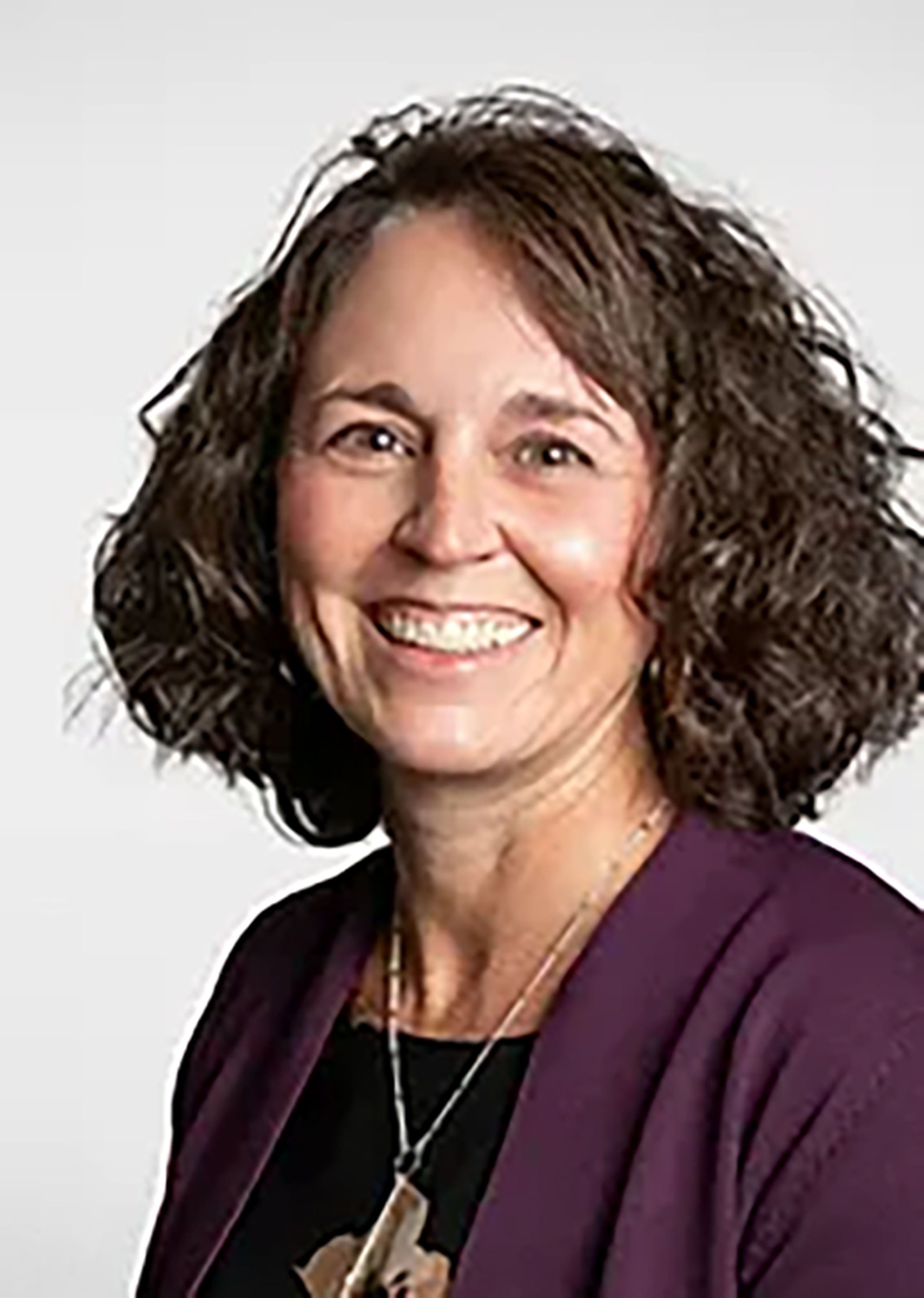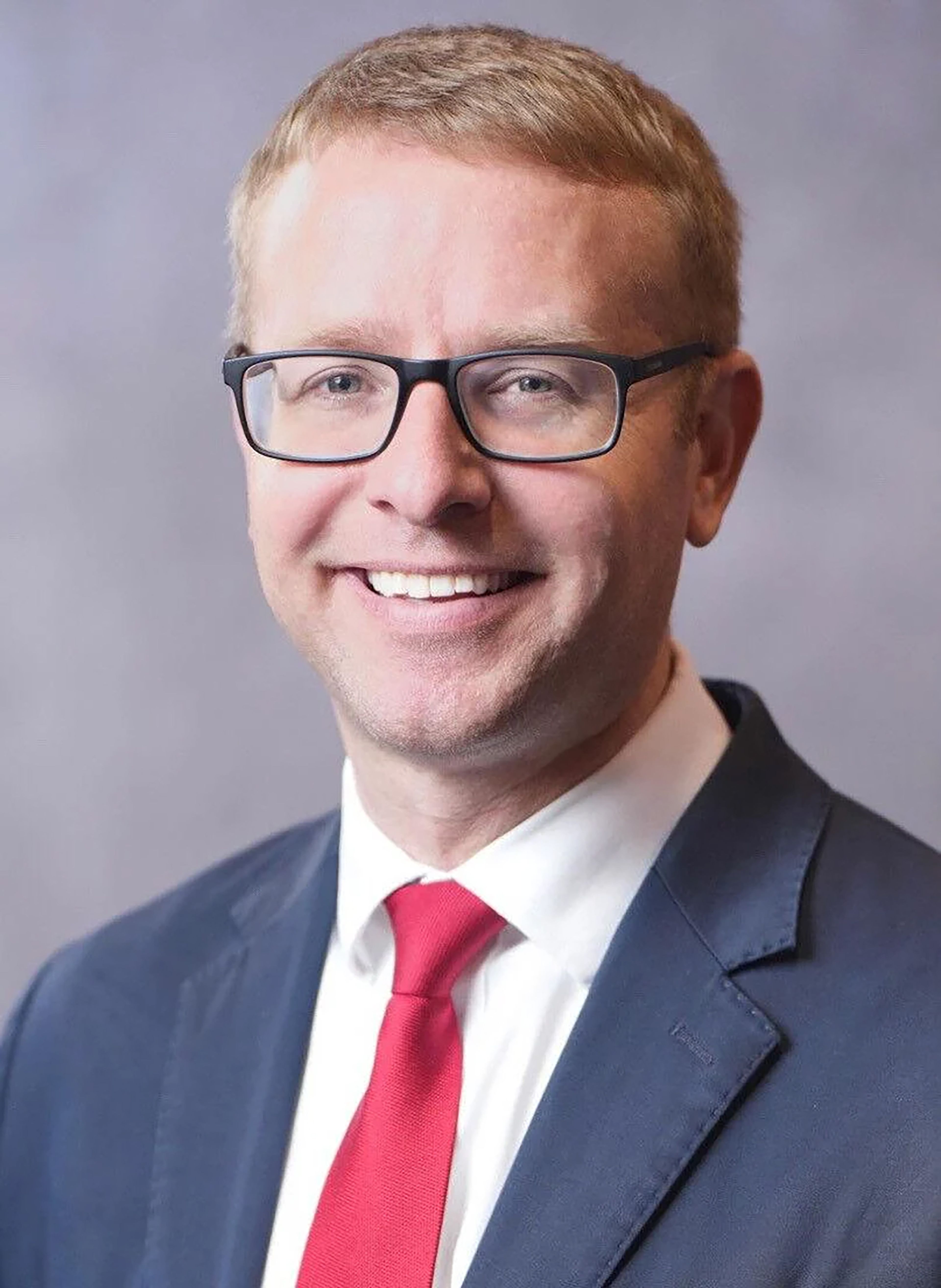‘All eyes will be on Idaho’
State reports progress, challenges for new behavioral health centers
Idaho is about two years into a planned transformation in how people access mental health and substance use disorder care; it has made progress but still has a ways to go.
Leaders in the process of pivoting to a Community Behavioral Health Clinic Model gathered at the Idaho Behavioral Health Association conference Friday in downtown Boise to discuss the progress made and the vision for the new system.
The system is meant to expand access to behavioral health in the state and prevent expensive crises, which often lead to emergency room visits or jail time. The state has expanded some access, but there’s a concern the workforce won’t be able to meet the demand.
Idaho, with state and federal funds, helped create four Certified Community Behavioral Health Clinics, known as CCBHCs, that provide mental health and substance use disorder treatment regardless of a patient’s ability to pay.
Many states across the country are moving to the CCBHC model, but Idaho is unique because all of the behavioral health clinics in the program are also what’s known as Federally Qualified Health Centers — which provide primary health services in underserved communities.
“Idaho would be the first and only state to have a fully integrated CCBHC model. ... From a research point of view, all eyes will be on Idaho to see, what this really could mean for the nation, how we could really look at this,” said Brett Beckerson, a senior director for policy and advocacy at the National Council for Mental Wellbeing.
This means someone who goes to Terry Reilly Health Services for a dentist appointment could also get referred to a counselor to treat depression or to another facility for substance use disorder treatment.
Terry Reilly Health Services CEO Heidi Hart told the Idaho Press that its dental and other primary health care staff will do a mental health screen, and behavioral health staff will screen for chronic health conditions.
“For us, it’s thinking about, I as a person bring all of what and who I am to whatever provider that I’m seeing,” Hart said in an interview. “So how do we equip our system and our providers to respond to whatever it is that the person brings with them to that vision, and how do we have the resources ultimately to be able to respond to whatever that person needs.”
Terry Reilly, Heritage Health near Coeur d’Alene, Community Health Association of Spokane — which operates in the Lewiston area — and Family Health Services in Twin Falls received grants from the federal Substance Abuse and Mental Health Services Administration and the state to create these certified behavioral health clinics.
CHALLENGES AHEAD
There’s a notable gap with no clinic in Eastern Idaho, Idaho Department of Health and Welfare Director Alex Adams noted Friday. One of the major next steps is trying to get a clinic there to get certified.
The centers are required to provide crisis services 24 hours a day, seven days a week. They also must provide treatment planning; screening and assessments; outpatient mental health and substance use services; case management; outpatient primary care screening and monitoring; community-based mental health care for veterans; peer, family support and counseling services; and psychiatric rehabilitation services.
Another major next step is the state and the clinics need to calculate the prospective payment system rate — this is specific to each center and calculated based on the community’s need and how much it’s expected to cost to fill it. The rate would be paid by Medicaid and is meant to be an enhanced payment so it might help fill the need for some non-Medicaid and uninsured patients — but there’s still a gap there as well, speakers said Friday.
This takes a while to calculate, and the goal is to have this done by 2026, Adams said.
Hart said about 40% of Terry Reilly’s patients are uninsured.
“I don’t know that we have a really good solution about how, once we take that next step in the department, what do we do to help support individuals who do not have coverage,” Hart said.
There’s also a concern about an ongoing behavioral health workforce shortage in Idaho.
According to Beckerson, the funding provided through the program has allowed other states to grow their workforce. On average, clinics have been able to add an additional 22 staff members with the enhanced Medicaid funding, he said.
Hart said the need can’t solely be filled by professional providers, but training can be provided to people who work as peer support specialists, recovery coaches, paramedics and other first responders, and patient navigators. She also said there’s probably a role for more training for teachers, church leaders and librarians.
“So, trying to think about how do we also infuse talent and skill and knowledge and information within the general population,” Hart said. “This is not something that’s going to be solved solely by the professional community.”
Other states have also dealt with the challenge of neighboring states building up the program and attracting talent away.
Beckerson said Kansas experienced a loss of providers after Oklahoma and Missouri established their own CCBHCs.
“In Idaho, I think the sustainability conversation is really important, because Washington has applied for this planning grant. So has Montana, so has Utah. Nevada has already established this model really well,” Beckerson said. “And so we’re looking at where these states that surround Idaho are going to look for talent.”
SUCCESS IN IDAHO AND OTHER STATES
Using the $1 million a year in grant funds from the state and federal offices, clinics in Idaho have already bolstered staff and services.
Last September, Terry Reilly staff told the Idaho Press that the clinic was able to help a woman with complex health needs who recently moved to Idaho by connecting her to housing services, care management and getting her started with a counselor within a week of her arrival.
That kind of holistic care coordination is the goal of the CCBHC put into practice.
However, without the rates set to be paid from Medicaid, clinics are operating “within the means” of their grants, Hart said. The grants, awarded in 2022, last for four years.
Kansas was the first state to pass a state Medicaid plan amendment to implement this model. At the time of implementation, the state was ranked No. 50 in the country for mental health care access, Beckerson said. Two years after establishing it, they are now No. 22, he said.
Every state has implemented the program in its own way.
He highlighted Missouri, which has embedded behavioral health staff in hospitals to divert someone in a mental health crisis who gets sent to an emergency department to another setting that might be more appropriate for their needs. The state has also worked with law enforcement to connect people to a clinic instead of the ER. Missouri has saved $15 million a year in the hospital system, he said.
In Oklahoma, the state’s program provided rural law enforcement with tablets in their patrol cars so someone in crisis could immediately be connected with a telehealth provider. The tablets also have an option to help the officer. The state saved around $1 million a year in law enforcement for time spent transporting people in crisis and the time spent waiting in emergency departments for them to be seen, Beckerson said.
Oklahoma also embedded staff in its jail system and began screening people being detained before a trial who didn’t have the money to pay bail. People who screened positive for mental health or substance use disorder challenges were released from jail and required to seek services to address them.
The cost to provide the services was about half of what it had been to hold them in jail, he said.
The level of data required to show success and savings in Idaho, as shown in other states, is another challenge, Hart said Friday. The outcomes and investments are going into several different programs and services, she said, and it will be important to show positive outcomes so the program will continue to be funded.
“I think that what we’re all excited about is the aspiration of doing that right,” Hart said, “and there is a worry about being able to prove it.”
Guido covers Idaho politics for the Lewiston Tribune, Moscow-Pullman Daily News and Idaho Press of Nampa. She may be contacted at lguido@idahopress.com and can be found on Twitter @EyeOnBoiseGuido.










